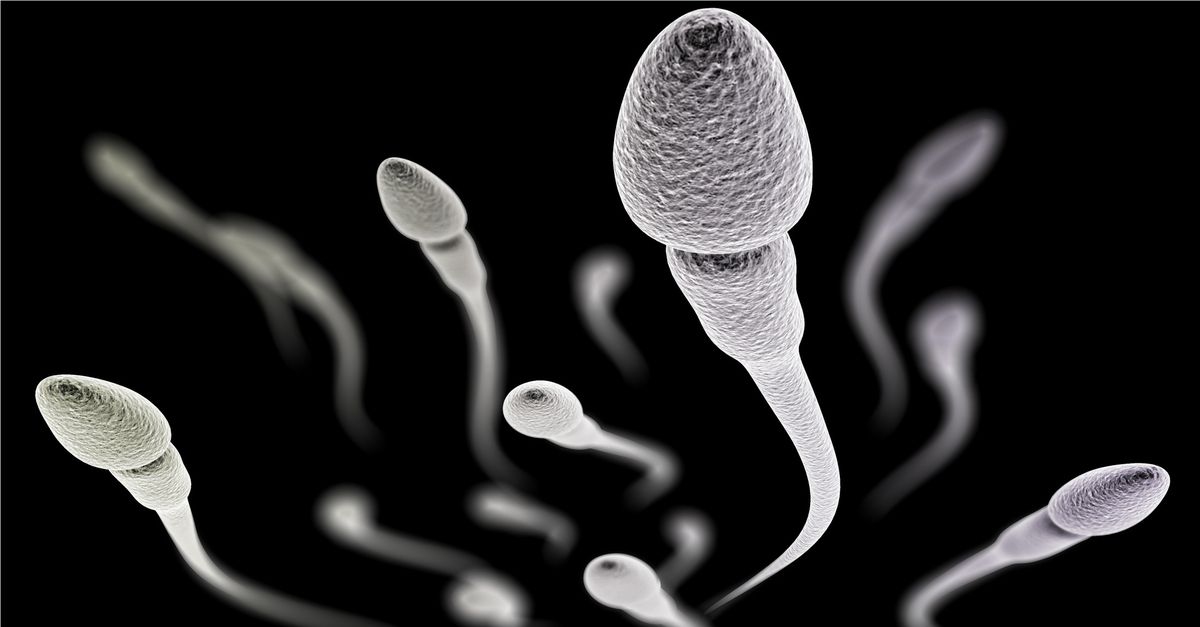On 7 February 2017, the scientific journal Basic and Clinical Andrology published the test results of an experimental form of reversible male contraception, an injectable gel (Vasalgel) that acts as a barrier to sperm, which was tried out on rhesus monkeys:
This concept is similar to an approach known as RISUG (Reversible Inhibition of Sperm Under Guidance), which has been subject to human trials in India. RISUG, unlike Vasalgel, does not completely block the vas deferens, and instead lines it with a chemical that compromises the viability of sperm that pass through it. In this paper, researchers described Vasalgel’s proposed mechanism of action as a simple barrier:
Vasalgel™ is a high molecular weight polymer being developed in the US as a contraceptive device for men. Vasalgel is an SMA acid polymer dissolved in DMSO (dimethyl sulfoxide), formulated to adhere to strict regulatory standards. Unlike RISUG, Vasalgel does not claim any pharmaceutical effect and is understood to work by occluding the vasa deferentia. After injection into the vas deferens, the SMA acid forms a hydrogel that appears to be tissue adherent, fills the lumen and acts as a mechanical barrier to the passage of sperm.
In this study, which is not a pitch for a reality television show, 16 Vasalgel-treated rhesus monkeys “of varying social ranks” housed in “dual-room gazebo-style housing” that “typically [included] one to three sexually mature males and two to nine sexually mature, intact females” were given ample opportunity to mate with receptive females over a two year period. None of the males impregnated a single female throughout the course of the study:
Over the course of a five-month breeding season, the monkeys failed to impregnate any of the females they came into contact with. Seven of the 16 lived with females for a total of two years, meaning they were monitored for two breeding seasons, and also failed to conceive. One monkey had previously conceived 18 times, while six had never conceived.
In terms of side effects, the authors reported what they described as only minor complications:
Complications were minor and included one incident of incorrect placement of Vasalgel into the vas deferens and the development of a sperm granuloma in one animal.
In a piece for Wired, study author and California National Primate Research Center scientist Catherine VandeVoort argued that Vasalgel had the potential to be an attractive option for men when compared to condoms or traditional vasectomies:
"There’s vasectomy, which is poorly reversible, and condoms," she said. "If [men] knew they could get a reliable contraceptive that could also be reversed I think it would be appealing to them."
The non-profit Parsemus Foundation, which owns the rights to Vasalgal and funded this research study, said in a press release that they were preparing for human trials:
With proof of efficacy now published in monkeys and rabbits, preparations are being made for the first clinical trial in humans. Parsemus Foundation, a non-profit organization based in Berkeley, California, aims for Vasalgel to be available worldwide, with a tiered international pricing structure to ensure affordability to all men. The first study will explore effectiveness; later studies will attempt reversal (flushing the gel to restore sperm flow), which has been demonstrated in rabbits [in a study set to be published soon] but not yet in larger animals.
Such a study, should it receive funding, would be subject to FDA approval.
